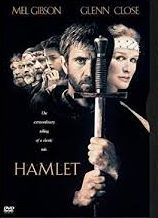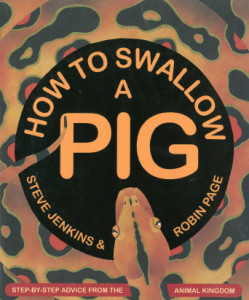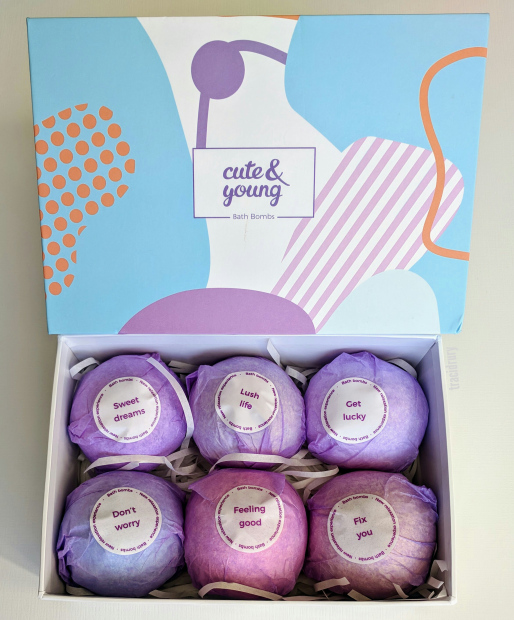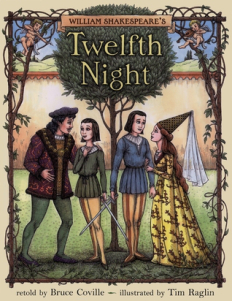 How are you this fine evening?
How are you this fine evening?
Are you sitting on the veranda, a soft, warm breeze encouraging you to watch the stars come out? Are you cuddled under a soft, velvety throw, your features softened by firelight, as you read your book? Are you dancing and laughing and making love to minds and bodies and future promises?
I am watching the 2009 version of Hamlet with Mel Gibson. Beautiful eyes aside, he has done the Bard proud.
Most people ask, “How can you understand Shakespeare? His words are so flowery!”
Oh, would today’s writing have such flowery.
I have found the longer I listen to Shakespeare the more I understand. At first the words are tilted and gilded and wraped around each other with magnificent curliques.
But the more you listen, the richer the text becomes. If the actor, the actress, truly understand exactly what William was saying, they become one with the character. And their oneness transcends all language.
I suppose you could say the same with any good writer, with any good actor. Some leave the words back in the book; Other take the beauty, the harmony, of the written word and transcend both worlds.
The purpose of this evening blog is to encourage those of you who use your words to use your words. Don’t just jot down the first rhetoric that comes to mind. Get into your characters. Feel their pain, their confusion, their undying love. And speak as if you were them.
Take a good read or watch a good video of Shakespeare. Know he is of another time, another world, another language. But learn how he says so much with such curly and sweetly scented words. And then take to heart what you learn and make it part of your writing. Perhaps you are not Mel Gibson speaking Hamlet, but you are a gifted muse speaking your own words.
Who knows — maybe one day they will make a movie out of your words!
Advertisements Share this:





